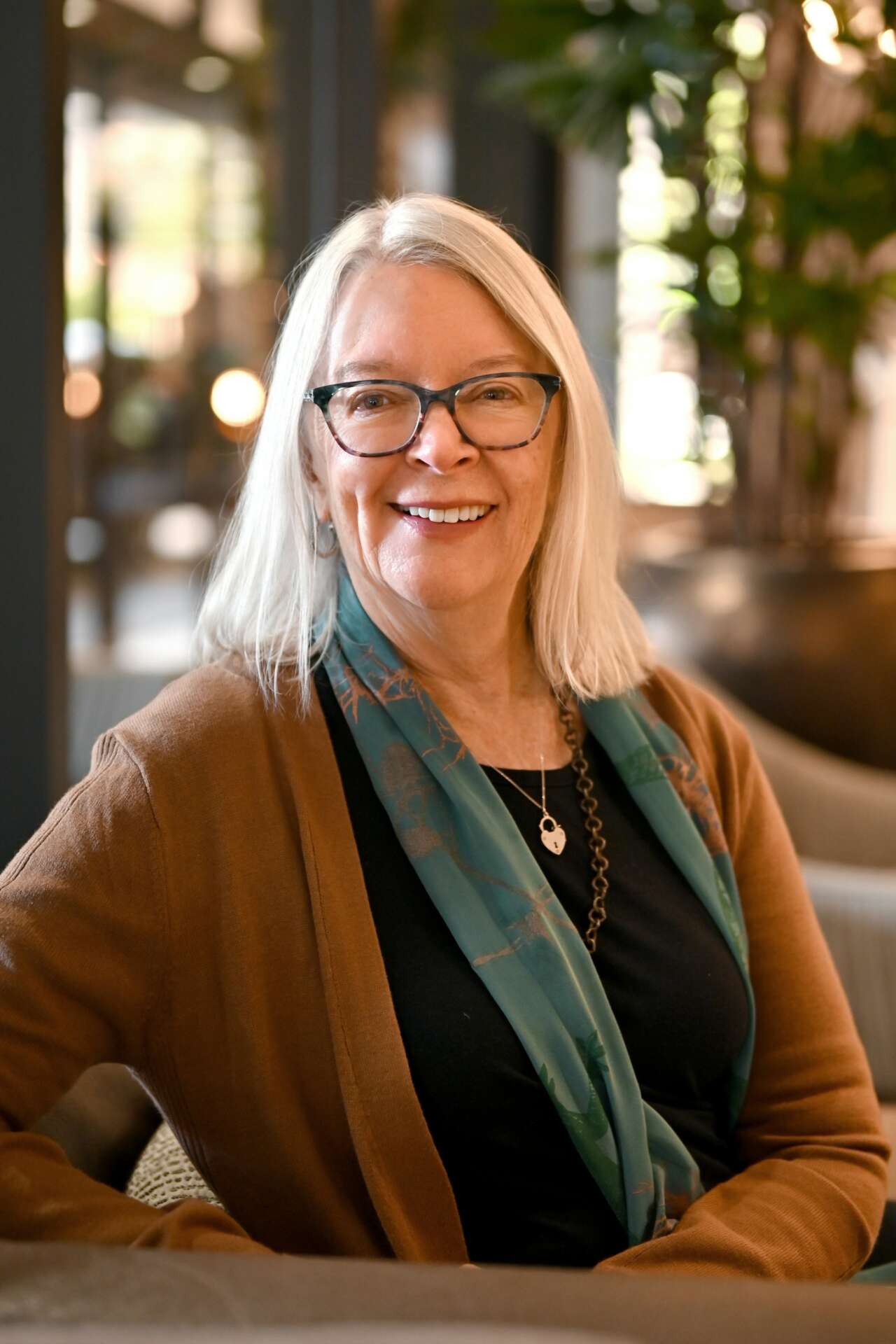We caught up with the brilliant and insightful MARY CAMARILLO a few weeks ago and have shared our conversation below.
Hi MARY, thanks for joining us today. Do you think your parents have had a meaningful impact on you and your journey?
My parents did so many things right. They proved, by example, the power of resilience and reinvention. They demonstrated a strong devotion to family and to making the world a better place. They led frugal lives that were somehow still rich with experiences. Now that they’re both gone I wish I’d asked more questions, listened more carefully, and said thank you more often.
My parents were born in 1922 and 1923 and grew up in the same neighborhood in Columbia, South Carolina during the Great Depression. Growing up during that time period had a huge impact on their relationship with money. They understood the value of every nickel and my dad was pretty much allergic to spending money. Even so, he and my mom saw the world (on a shoestring), were snappy dressers, went out dancing to big band orchestras, and loved theatre. I inherited their love of travel, live music and theatre as well, although I’m nowhere near as frugal or as snappy of a dresser.
My dad came home from WWII, earned a master’s degree in chemistry, and married my mother. He went to work for a defense contractor, Douglas Aircraft, in Charlotte, North Carolina. They started a family. I’m the only/oldest daughter with two younger brothers. In 1964, Douglas Aircraft finished building the Hercules missile, closed the plant, and transferred my dad to Santa Monica. I was fourteen and thrilled to be heading off to the promised land of California.
My parents left behind their mothers, sisters, brother, aunts, uncles, nieces and nephews. In California, we knew no one. As a self-absorbed teenager, I didn’t realize how lonely they must have been without relatives close by. My parents never complained. Instead, they adapted.
That first Christmas, we went to a posada on Olivera Street. My mother learned to make guacamole. My father learned to negotiate the 405. We took trips to Tijuana and Santa Barbara. Two years later, as the defense industry started to downsize, Douglas Aircraft laid my father off, just before he was eligible for a pension. Watching him lose his pension made me think about my own financial security and is part of the reason I made a career at the post office.
My parents decided to become their own bosses and bought an offset printing business. They knew nothing about printing but they put their hearts into learning new skills and their business was successful. Watching them reinvent themselves as small business owners gave me the impetus to go back to school and earn a business degree and a CPA license. Later on, after I retired as a government auditor and decided to try my hand at writing a novel, I put my heart into learning the writing craft. I’ve been successful but like most authors I’ve faced a lot of rejection and have tried to emulate my parents’ example of continued resilience.
My parents were always involved in their community and committed to leaving the world a better place for their grandchildren. They started a recycling program, were active in the Rotary Club and Altrusa, founded a Beyond War group, and protested with the Senior Patriots. I’m not as much of an activist but it’s something I aspire to.
When my mom died at the age of 96, my dad was lonely but he carried on. He walked everywhere, to Democratic Club meetings, to the library, to coffee klatches and to concerts. When the pandemic started in 2020, all of those activities shut down. My dad found a new community online through Zoom meetings. He celebrated his 100th birthday with new friends from around the world.
I had to make a similar pivot when my first novel was published in June of 2020 and the world transitioned to online experiences. My dad and I compared notes on Zoom strategies. He was fascinated with my journey into the publishing world. He was fascinated with the world in general.
My dad appreciated his independence, lived on his own, and was healthy up until the last two months of his one hundred and a half years. And now he is gone, leaving a huge void in our lives, but also terrific inspiration to live a full life, to focus on what is truly important, and to give back to the world.
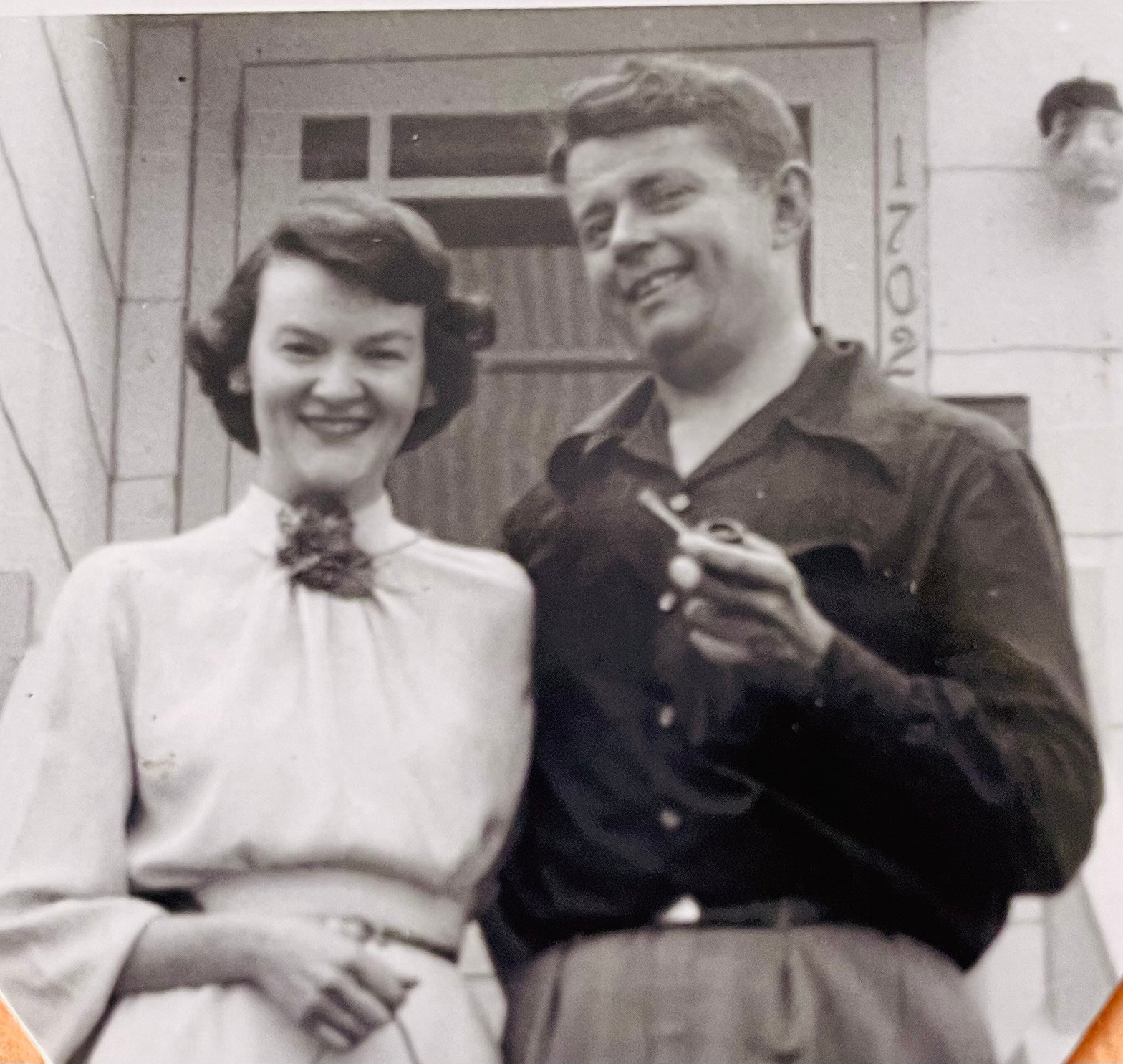
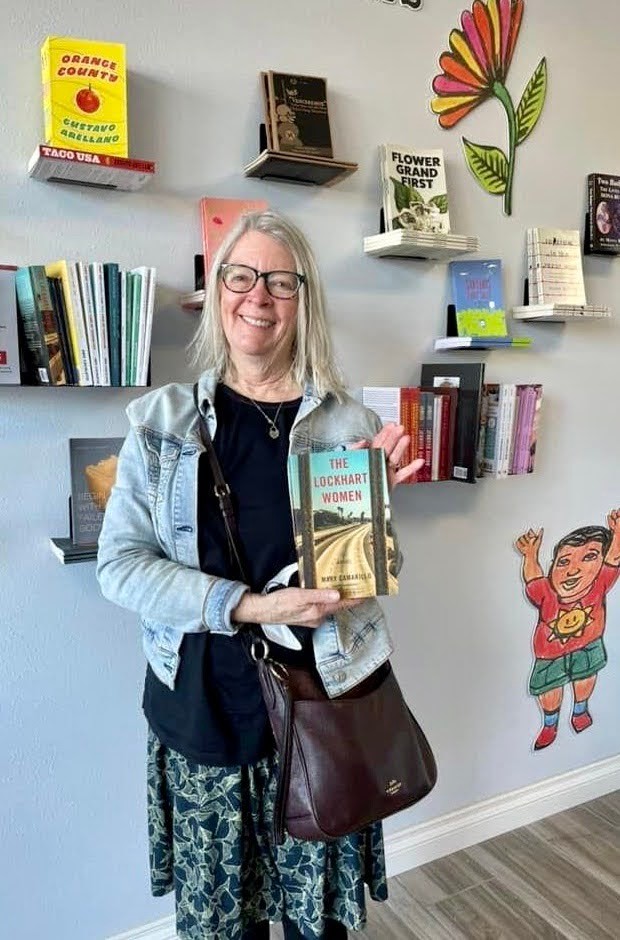
Awesome – so before we get into the rest of our questions, can you briefly introduce yourself to our readers.
I write about living in Southern California, a place I’ve called home for more than fifty-five years and am still trying to understand. I had a long career with the postal service, which might be genetic—both of my grandfathers were railway mail clerks which is how my parents met. I sorted mail, sold stamps, worked in the accounting office, and went to night school, eventually earning a degree in business administration, a CPA license, and a Certificate in Internal Auditing.
And now, I’m an award-winning author. My debut novel “The Lockhart Women” was published in June of 2021. It’s a mother/daughter/sister story set in Huntington Beach, California in the mid 1990’s. It’s about divorce, regrets, and bad decisions and uses the O. J. Simpson trials as background noise.
Awards for “The Lockhart Women” include the 2022 Indie Author Award winner for California Adult Fiction, the 2022 Willa Literary Award Finalist in Multiform Fiction, the 2021 First Place Award in the Next Generation Indies for First Fiction, the 2022 Finalist for the Screencraft Cinematic Book Award, and the 2021 Finalist in the American Book Awards in Women’s Fiction.
My second novel “Those People Behind Us” will be published in October of 2023 but is available for preorder now wherever you like to buy books. It’s also set in Southern California in the politically tumultuous summer of 2017, post Trump/pre-pandemic, which now seems like historical fiction. In the new novel, five neighbors (a realtor, an aerobics teacher, an ex-con, a Vietnam vet, and a teenage boy) confront death, betrayal, financial decline, and loneliness as they search for home and community in a neighborhood where no one can agree who belongs.
My poems and short fiction have appeared in publications such as Red Wheelbarrow Anthology, TAB Journal, 166 Palms, Sonora Review, and The Ear. I currently serve on the advisory boards of Citric Acid, An Orange County Literary Arts Quarterly, and LibroMobile, An Arts Cooperative and Bookstore in Santa Ana, California. I’m a member of Women Writing the West, Women Who Submit, and Women for Orange County. I live in Huntington Beach, California with my husband, who plays ukulele, and out terrorist cat Riley, who makes frequent appearances on Instagram.
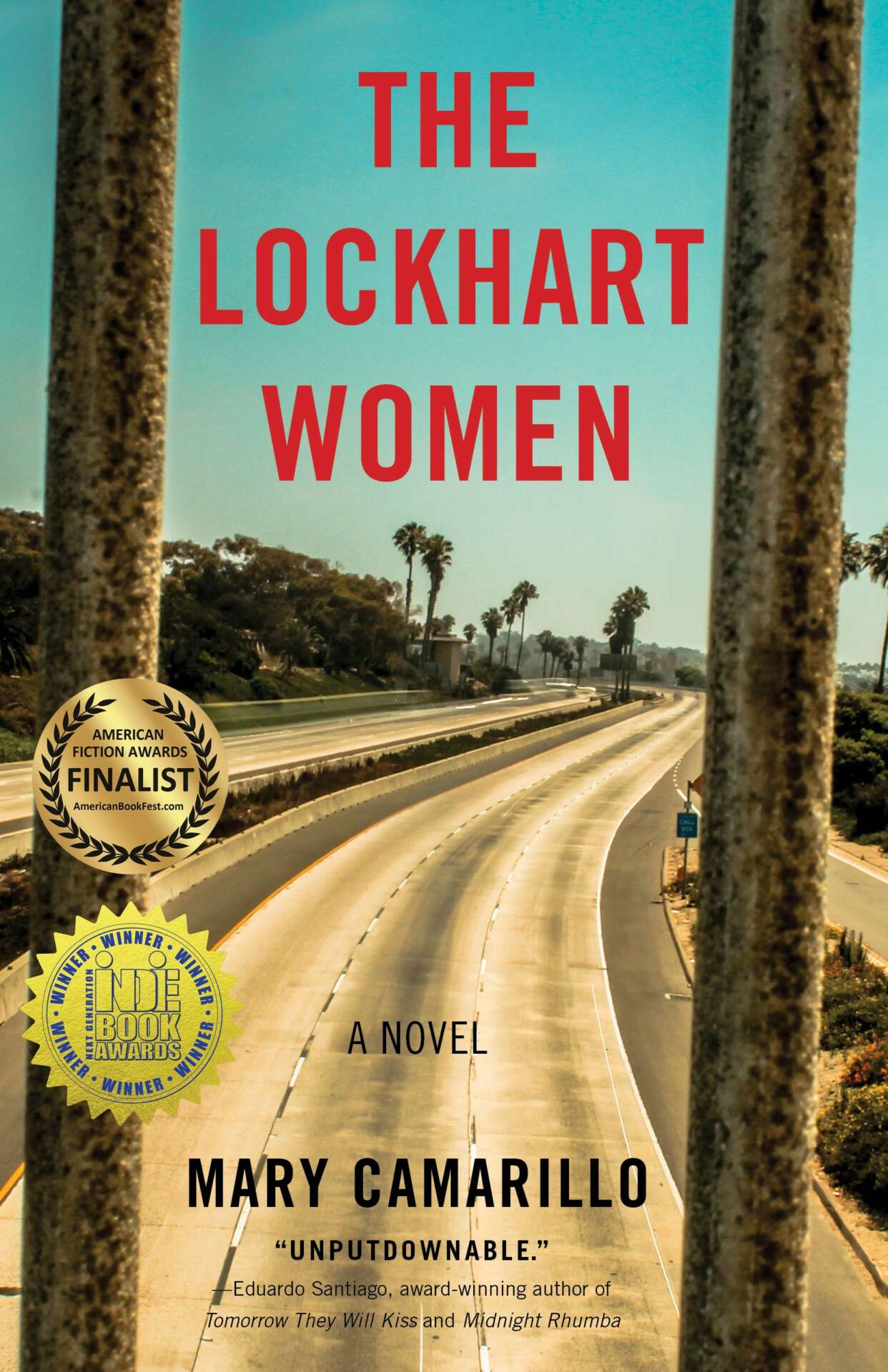
Can you share a story from your journey that illustrates your resilience?
After I finished my first novel I was determined to publish the “traditional” way, which meant finding an agent and then having the agent pitch the novel to publishers. I queried over 100 agents. Some never responded at all, which I’ve learned is pretty common. Many did respond and asked for more pages and the full manuscript but it the end, I heard a common refrain. “We love your voice. The writing is strong. The story idea is compelling. But we don’t think we can sell it.”
Many writers give up after hearing these kinds of responses. The put the novel in a drawer and never write again, or they write something else. I come from stubborn stock though, and I believed in this novel and wanted it out in the world. A friend told me about hybrid publishing and suggested the feminist “She Writes Press.” I submitted “The Lockhart Women” and they loved it.
If you’re not familiar, hybrid publishing falls somewhere in between self-publishing and traditional publishing. I’ve heard hybrid publishing described as “the author makes an investment and the publisher does all the hard work.” This is almost accurate, but I’ve done a lot of the hard work of promotion and marketing myself.
I’m still somewhat conflicted about my decision to publish this way, but I realize now that even if I had found an agent, I would still need to find a publisher. I’m 71 and have a sense of there not being unlimited time left. I realize I’m fortunate to be able to afford the investment. My publisher is not a “vanity press” because they vet their writers but I know some literary folks still look down their noses at my choice. I try not to not let that bother me and try to not look down my own nose. The publishing world is changing and there are hundreds of ways to get a book out in the world these days.
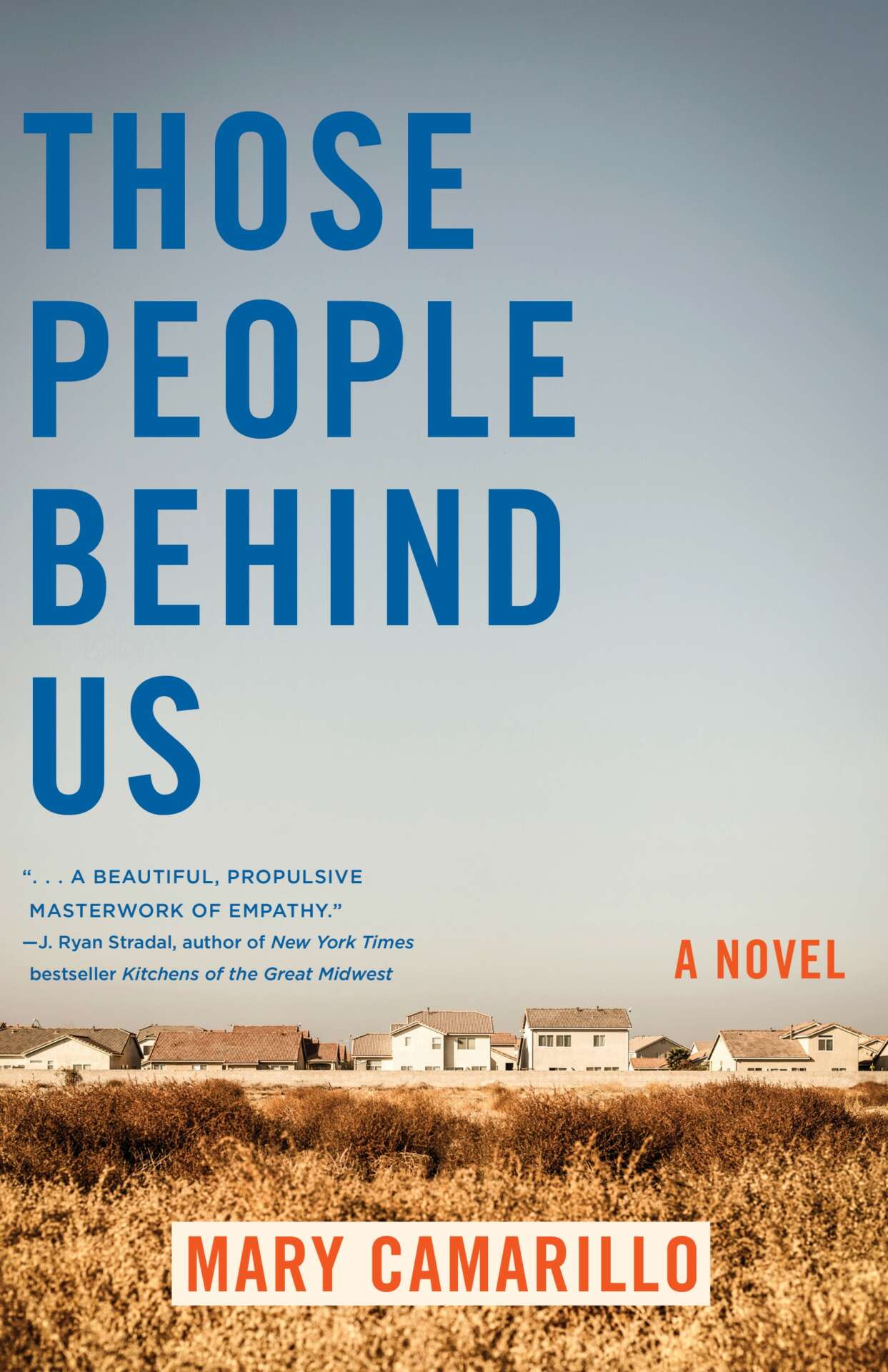
What do you find most rewarding about being a creative?
I feel so lucky to have a way to express myself that I’m passionate about. I’m happiest when I’m putting words on a page. I love creating characters and thinking of what kinds of trouble they might get into. I’m a fan of editing as well. I read differently now. I think of reading as part of my job. I still fly through books, wanting to know what happens next, but I find myself rereading a book immediately, slowing down to figure out how the author created magic on the page or why the magic didn’t happen.
I wasn’t prepared for the amount of marketing and self-promotion required after publication. I was so naïve, I never really expected to have to explain what my book was about. I thought people would just read it! I’ve tried to make the promotional stuff fun. I catch myself enjoying talking about the book lately, and I love meeting with book clubs either in person or online.
One of my favorite parts of being a writer is championing other writers, reviewing books, and attending readings, especially if they’re in independent bookstores. In case you didn’t know, it’s against the law to go into an indie bookstore and not purchase anything.
My favorite indie bookstore, Libro Mobile in Santa Ana always has my book on their shelf. I’m very grateful for that. Stop in sometime or visit them online. https://www.libromobile.com/product-page/the-lockhart-women
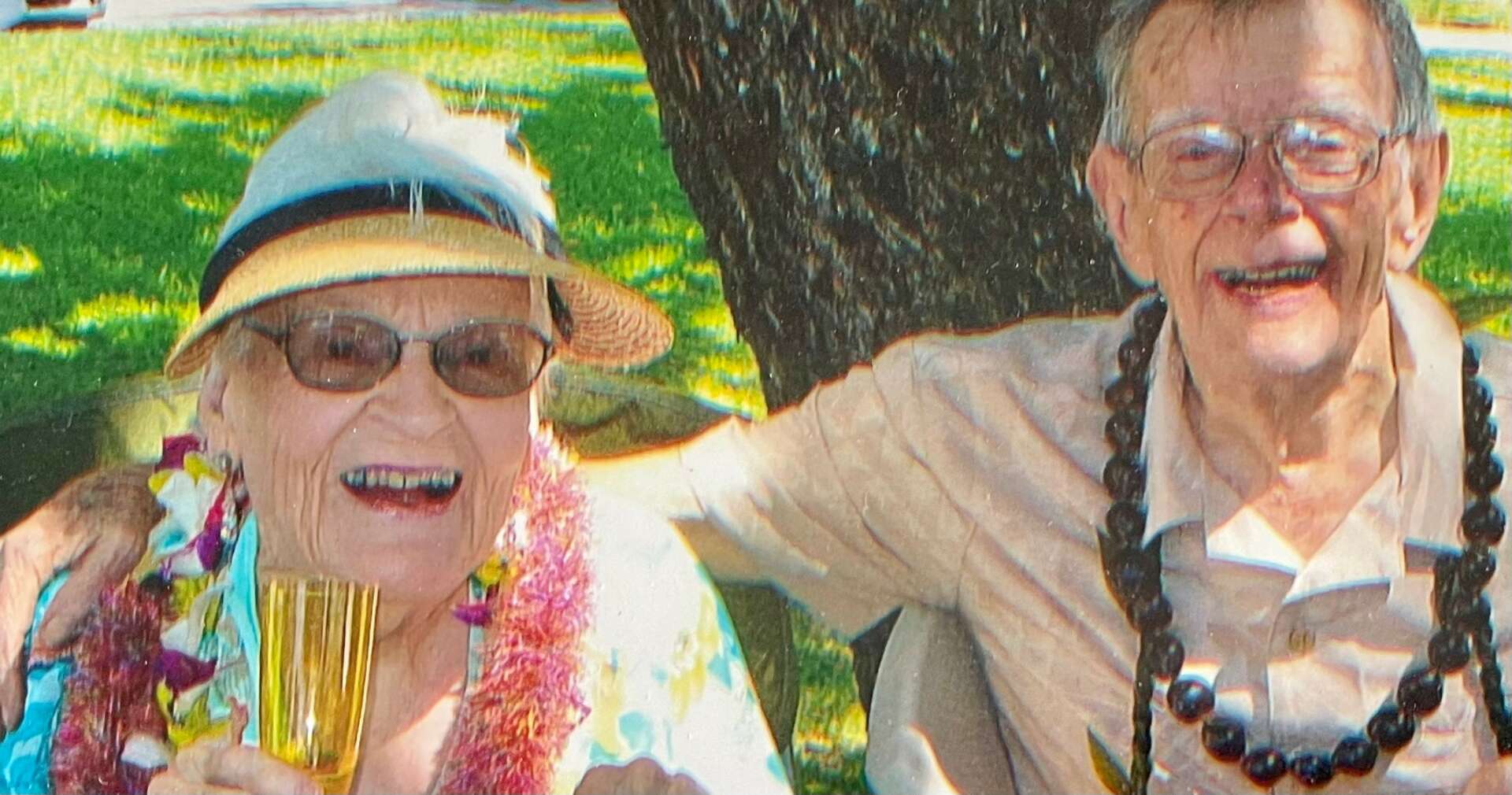
Contact Info:
- Website: https://www.marycamarillo.com
- Instagram: https://www.instagram.com/marycamel13/
- Facebook: https://www.facebook.com/marypcamarillo
Image Credits
My personal photo is by Creel McFarland of Limerick Studio. My book covers were designed by Julie Metz of She Writes Press.


